
If Any of These 17 Apps Are on Your Phone, Someone Might Be Spying on You

1. TikTok
TikTok collects a significant amount of user data, including hardware IDs, memory usage, and even your most recently used WiFi access points. This data collection has raised concerns about its potential accessibility to the Chinese government. Users should be cautious and regularly review their privacy settings to manage data sharing and permissions effectively.
Despite reassurances from TikTok, the extent of data collected necessitates a vigilant approach to maintaining personal privacy.
Recent developments have intensified concerns regarding TikTok’s data collection and its potential accessibility to the Chinese government. On January 19, 2025, the U.S. government plans to ban TikTok unless its Chinese parent company, ByteDance, divests its U.S. assets or the Supreme Court intervenes. The primary issues include national security risks and fears that user data could be handed over to China under Chinese laws.
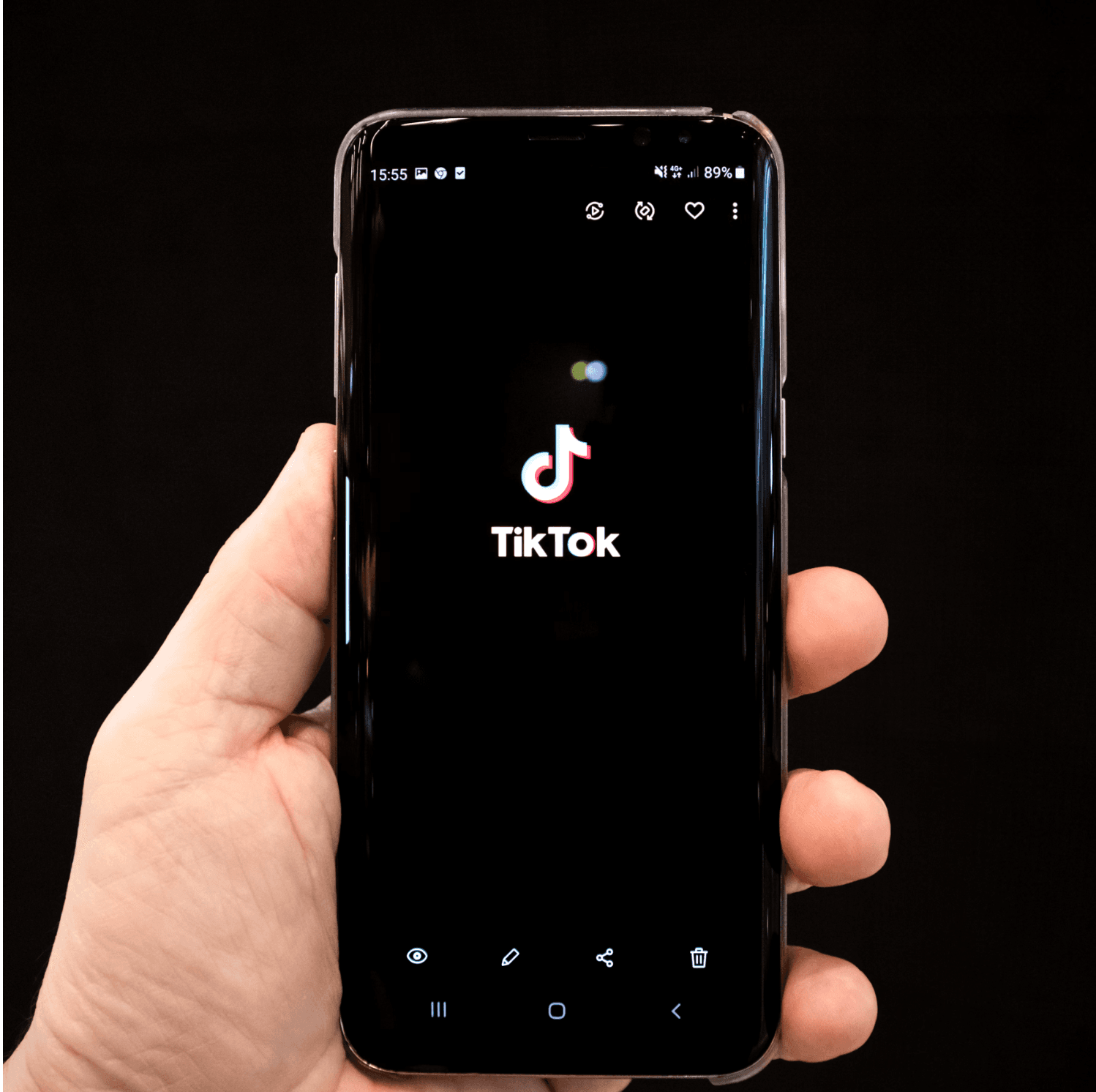
© Image Credit: Unsplash / Olivier Bergeron
2. Facebook and Social Media Apps
Facebook continually updates its privacy practices, often broadening the scope of data it collects. This includes tracking user interactions, locations, and even off-platform activities. Instagram and WhatsApp, also owned by Facebook, pose similar privacy risks with their extensive permissions.
See also - Everything Google Knows About You (And How to Stop It)
Instagram can access your contacts, location, storage, and call logs, while WhatsApp shares metadata with Facebook.
Regularly reviewing and adjusting your privacy settings on these platforms is essential to managing your personal data and maintaining privacy.
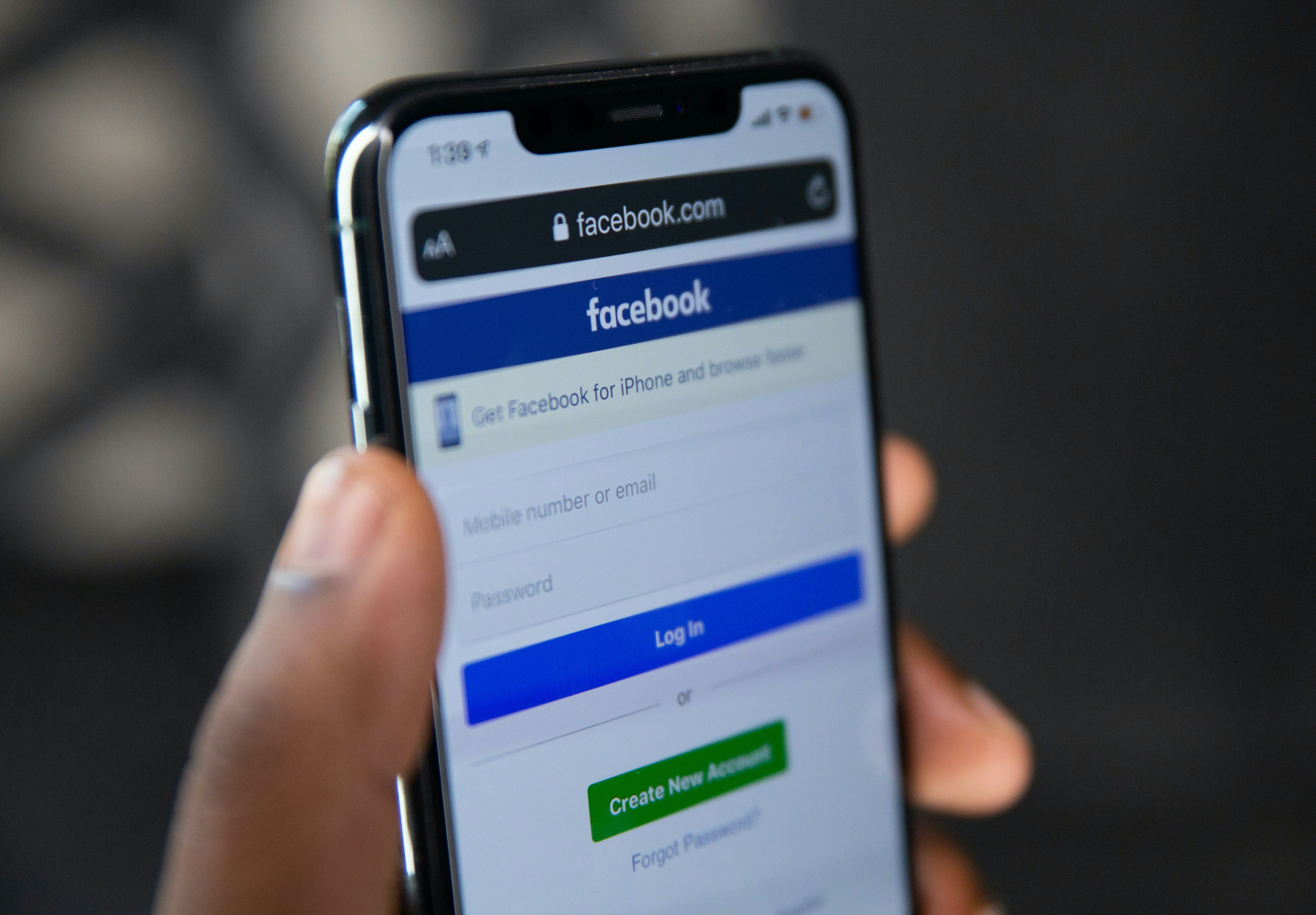
© Image Credit: Unsplash / Solen
3. Document Scanners: CamScanner
CamScanner, a popular document scanning app, was found to contain malware that delivered a Trojan Downloader. It extracted and ran additional malicious modules from encrypted files, posing a significant security risk.
Although the infected version has been removed from app stores, this incident highlights the importance of being cautious about app permissions and the dangers that even seemingly innocent apps can present. To protect your device, always verify app sources, read reviews, and check permissions.
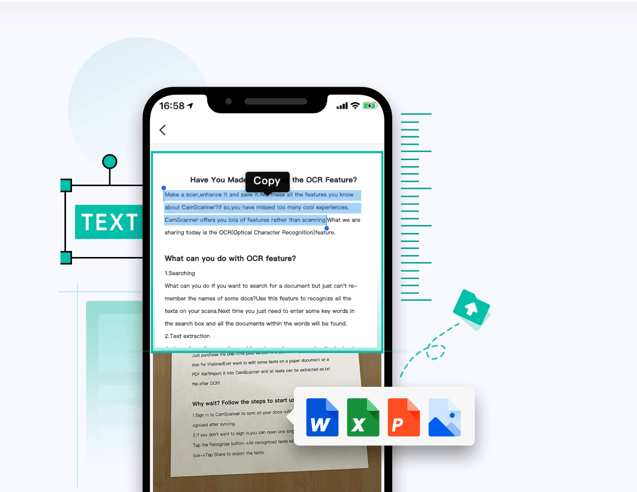
4. GasBuddy
GasBuddy helps you find the cheapest gas prices but collects extensive location data, tracking your driving habits such as distance, speed, and acceleration. This data is shared with companies like Cuebiq, Foursquare, and Arity, which can use it for advertising and predicting driver riskiness.
To limit data exposure, you can opt out of location sharing, disable tracking on iPhone, or use the app without an account by manually entering your zip code. Consider alternative methods like Google Maps or Geico’s gas search for better privacy.
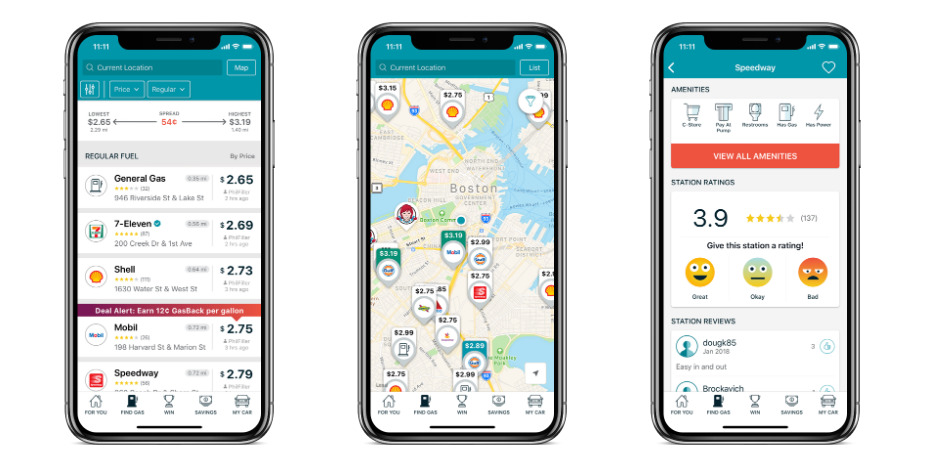
© Image Credit: GasBuddy
5. Emoji Keyboards
Some emoji keyboard apps can be dangerous. Cybercriminals can alter unicode representations or use invisible characters to trigger malware downloads, phishing attacks, or unauthorized data access. Always scrutinize the permissions you grant to such apps.
Few apps to approach with caution:
- Emoji Keyboard: Stickers & GIF
- Text Emoji SMS
- Smile Emoji
- Emoji Theme Keyboard
- Fonts Emoji Keyboard
- Cool Keyboard
- Cool Emoji Editor and Sticker.
- Gif Emoji Keyboard.
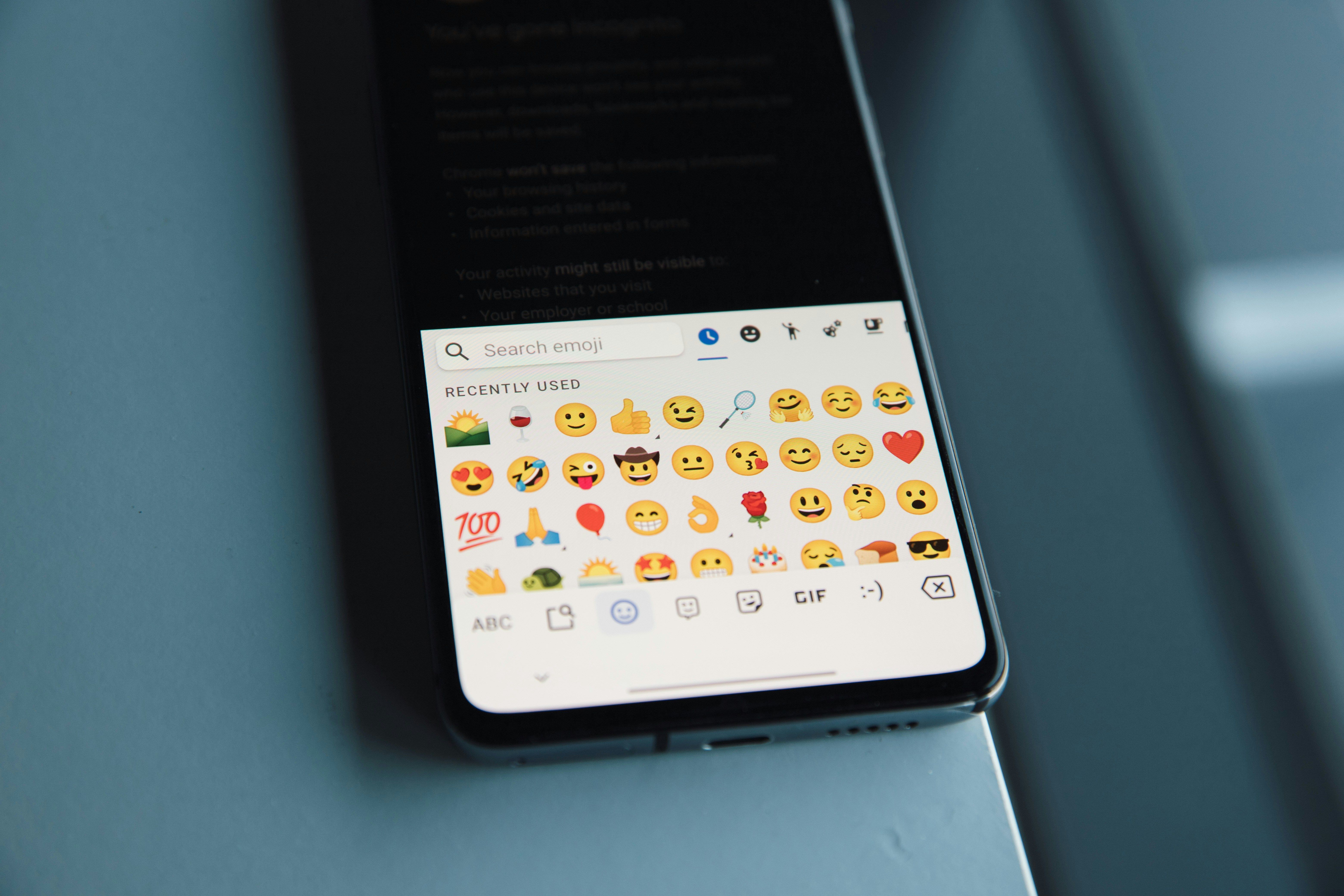
© Image Credit: Unsplash
6. Beauty Camera Apps: BeautyPlus
BeautyPlus, with over 300 million installs, was identified as spyware. User data was allegedly sold to servers in China. The extensive permissions these apps require can pose significant privacy risks. Be cautious with beauty camera apps and review their permissions.
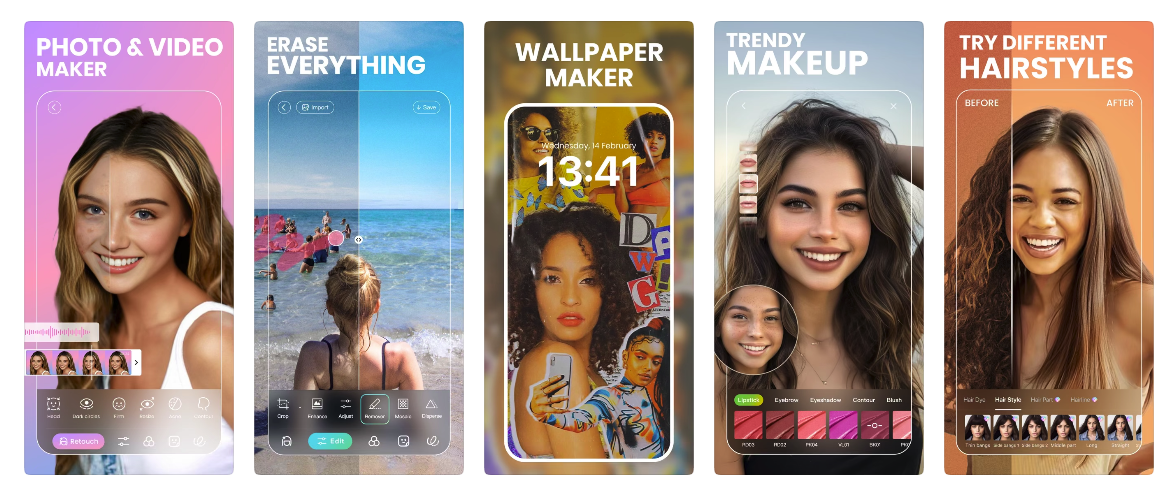
7. Some VPN Apps, Especially Free Ones
While VPNs are designed to protect your privacy by masking your IP address and encrypting your internet traffic, not all VPN services are created equal. Some VPNs that claim to have "no-logs" policies have faced scrutiny when their data was handed over to authorities, revealing that their no-logs claims did not hold up under legal pressure.
These incidents highlight the importance of scrutinizing VPN privacy policies and their actual practices. It's essential to choose a VPN provider that has been independently audited and verified to ensure they do not retain any logs that could compromise your privacy.
We are personally using Surfshark VPN and NordVPN
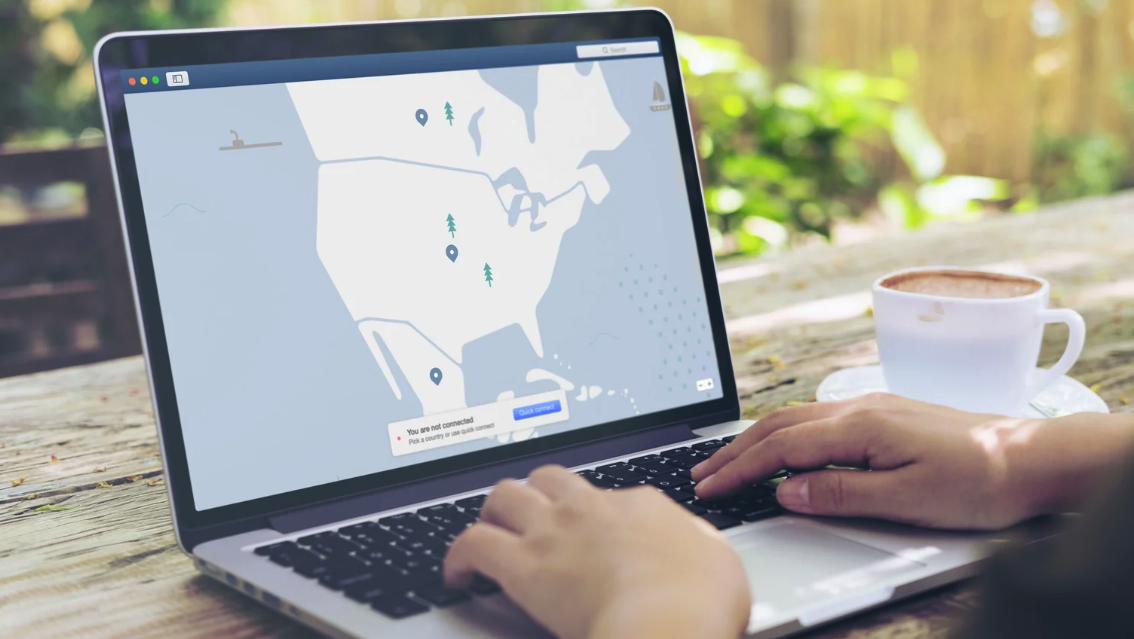
8. Religious Apps: YouVersion Bible & King James Bible
Religious apps, including YouVersion Bible and various King James Bible apps by Salem New Media, iDailybread.org, and Watchdis Prayers, have raised significant privacy concerns. These apps request extensive permissions, such as access to contacts, precise location, and phone activity.
The YouVersion Bible tracks user interactions within the app, collects data on browsing history, search history, and network activity. The app uses cookies to monitor usage patterns and may share aggregated, de-identified information with third parties. Despite these practices, YouVersion maintains that user data is used to improve app functionality and is not sold to advertisers.
The Christian Broadcasting Network’s apps like CBN Radio and myCBN Prayer & Devotional App also ask for intrusive permissions, including control over your device’s camera and microphone. Users should be cautious about the permissions granted to these apps and consider more secure alternatives.
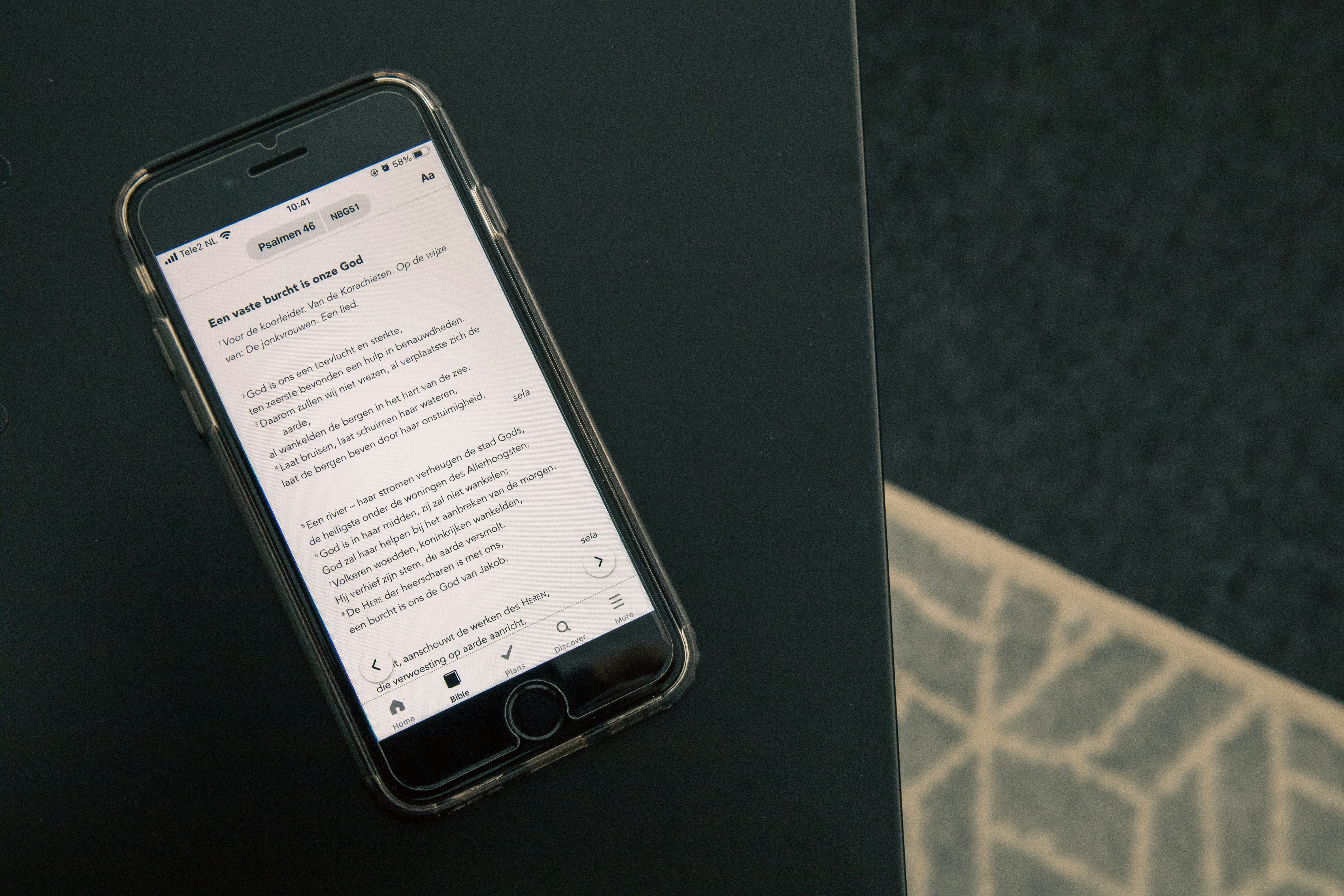
© Image Credit: Unsplash / Worshae
9. Weather Apps
Many weather apps, like Plus Weather and Climate SMS, have been found to collect more data than necessary, including location and device information. This data is often sold to third parties. Review app permissions and consider privacy-focused alternatives.
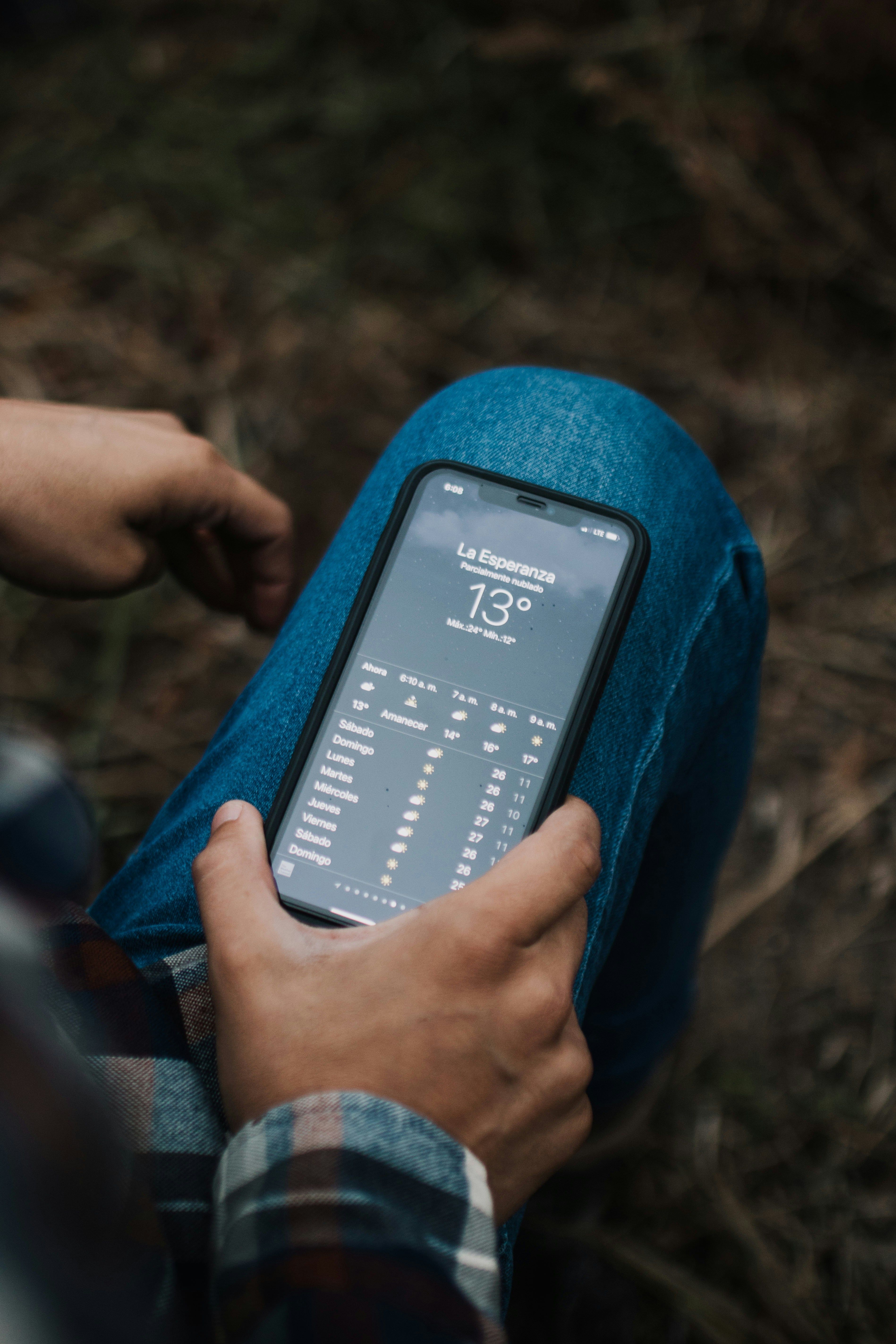
© Image Credit: Unsplash / Esteban
10. PhoneSpy Malware
PhoneSpy malware has been found in 23 Android apps, capable of controlling devices remotely and accessing personal data like camera, messages, and call logs. Avoid downloading apps from unverified sources and monitor app permissions closely.
This sneaky malware can access personal data such as your camera, messages, and call logs, and can even track your location, take screenshots, and record audio.

11. Dating Apps: Tinder and Grindr
Dating apps collect a large amount of personal information, such as your location, age, employment status, and preferences. This data collection aims to better match users, but it may pose significant privacy risks. Data breaches have exposed this sensitive information, potentially leading to phishing attacks and identity theft.
To protect their privacy, users should exercise caution when sharing information on these platforms and review app permissions regularly.
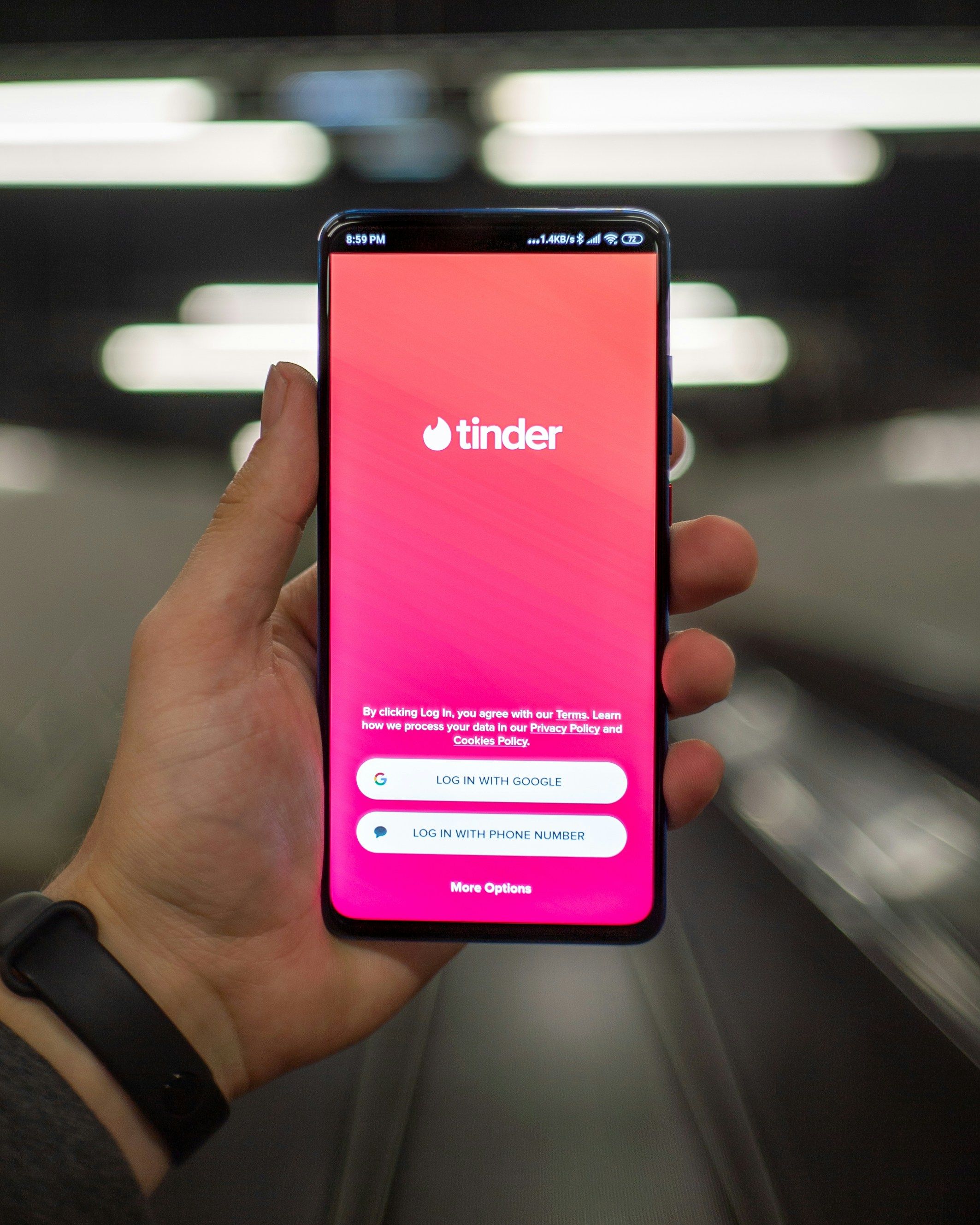
© Image Credit: Unsplash / Mika
12. Angry Birds
Edward Snowden revealed that the popular game Angry Birds was siphoning user data, which was accessible to government agencies, including the NSA and GCHQ. This data included phone numbers, call logs, location, and even political and sexual information.
Although the developers claim the app is now safe, this incident proves the importance of caution, even with widely popular apps & games.

© Image Credit: Playstation
13. Spy Apps: mSpy and FlexiSpy
Marketed for monitoring children or employees, mSpy and FlexiSpy can easily be misused for spying without the user’s knowledge. These apps track locations, monitor calls, and can even take control of the phone’s camera and microphone.
This allows someone to listen to conversations and see everything happening around the phone.
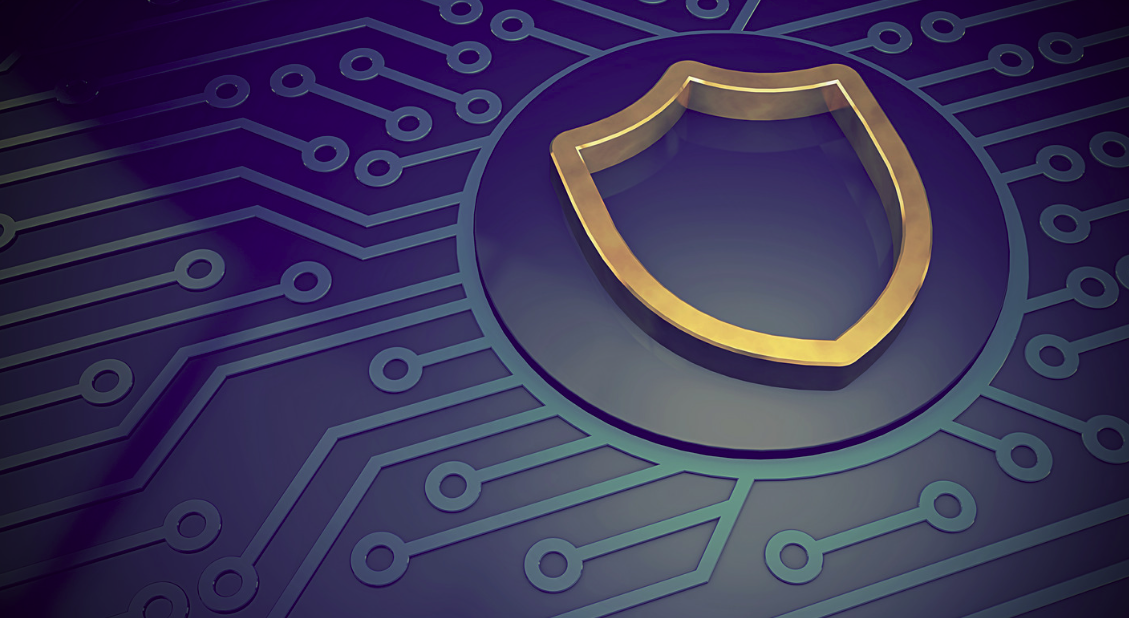
14. Ad Trackers in Free Apps
Many free apps, including popular games, use ad trackers to collect data about your usage habits. These trackers gather information on your behavior, preferences, and even location to serve personalized ads. While this can make ads more relevant, it also compromises your privacy by sharing your data with third parties.
To mitigate this, consider using ad blockers and regularly reviewing app permissions. Limiting permissions to only what’s necessary for the app’s function can significantly reduce data collection and protect your privacy.
A study done by Surfshark, you can read more here - Apps That Track You.
Which App Categories Demand the Most Data?
- • Social Media: Most data-hungry.
- • Food Delivery: Also very data-hungry.
- • Other categories: Shopping, Dating, Payments.
The Most and Least Data-Hungry Apps for Everything
• Email: Gmail (19 data types), Outlook, Yahoo Mail.
• Messaging & Video Calls: Facebook Messenger (32 data types), Cisco Webex (0), Dust (0), Signal (1).
• Social Media: Facebook, Instagram (32 data types each).
• Streaming: YouTube (24 data types), Netflix, Hulu, HBO Max (11-13 data types).
• Browsers: Chrome, Bing (many data types), Brave, DuckDuckGo (fewer data types).
• Payments: Paypal (26 data types), Venmo (21), MoneyGram (8).
• Shopping: Amazon (26 data types), many shopping apps collect over 20 data types.
• Food Delivery: Doordash, Caviar (24 data types each).
• Flight Booking: Priceline (23 data types).
• GPS Navigation: Maps.me (20), Waze (21).
• Period Tracker: Magic Girl (least data-hungry with only Device ID and Advertising Data).
• Pregnancy Tracker: Glow Nurture (19 data types), minimal data apps include Sprout, Baby Bump, Pregnancy App, and Hello Belly.
• Kids: Facebook Messenger Kids, YouTube Kids (more than 10 data types each).
• Personal Finance: Mint (most data-hungry), Mvelopes, Monefy (privacy-focused).
• Cryptocurrency: Binance (4 data types), Coinbase (18), Crypto Pro (least data-hungry with User ID).
• Weather: Weather Underground (13 data types), CARROT Weather (least intensive).
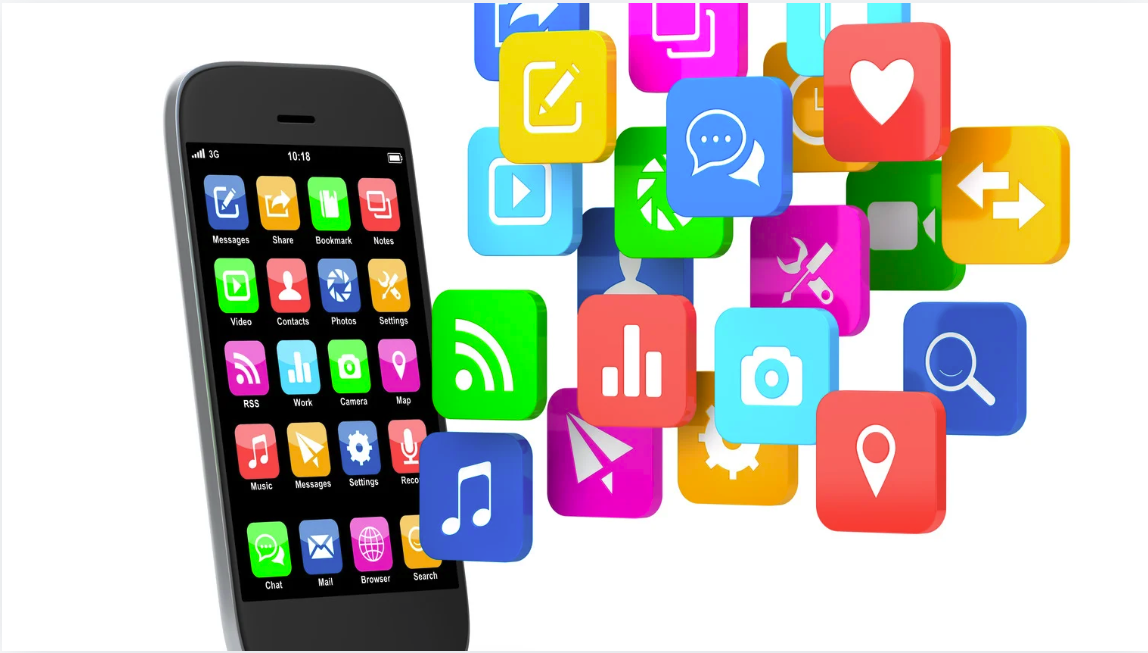
15. Pegasus Spyware
Pegasus, developed by the Israeli company NSO Group, is one of the most advanced and invasive spyware tools available. It can infect devices through “zero-click” attacks, which don’t require user interaction, and access vast amounts of data. Once installed, it can monitor calls, texts, photos, and even activate the camera and microphone without detection.
This spyware is primarily marketed to governments for surveillance purposes, but its misuse has raised significant privacy and ethical concerns globally.

16. iRecorder
The iRecorder app, initially a legitimate Android screen recorder, turned into spyware nearly a year after its release. In August 2022, malicious code was added, enabling it to record calls, steal files, and capture ambient audio without user consent.
The spyware, based on the AhMyth Android RAT and modified into AhRat, suggests an espionage motive. Over 50,000 users downloaded the app before the malicious update. The app has since been removed from the Play Store, but users should uninstall it and seek safer alternatives.

17. Adobe
Adobe has updated its terms of use, which now allow the company to access user content, including text, audio files, video files, electronic documents, and images, through both automated and manual methods. This change has sparked significant privacy concerns, especially among professionals who handle proprietary and sensitive information.
Users are worried about the potential misuse of their data, given that Adobe’s access extends to content stored and processed via its services, raising questions about the security of their intellectual property.
If you enjoyed this story, be sure to follow us and subscribe to our free daily newsletter

Recent
Highlights

If Your Fridge Has These 7 Smart Features, You're Paying Too Much
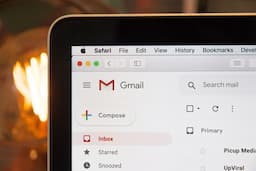
7 Ways Hackers Steal Your Data Without Your Password

Never Ignore These Privacy Alerts on Your TV (They're Not a Glitch)
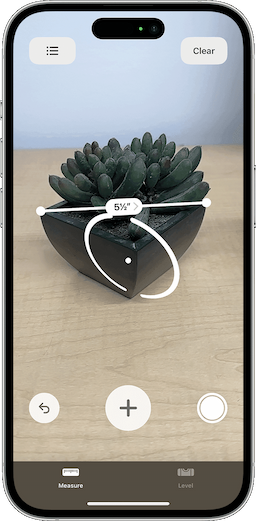
15 Things You Didn't Know Your iPhone Could Do
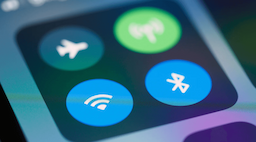
12 Phone Settings That Are Secretly Exposing You to Hackers
